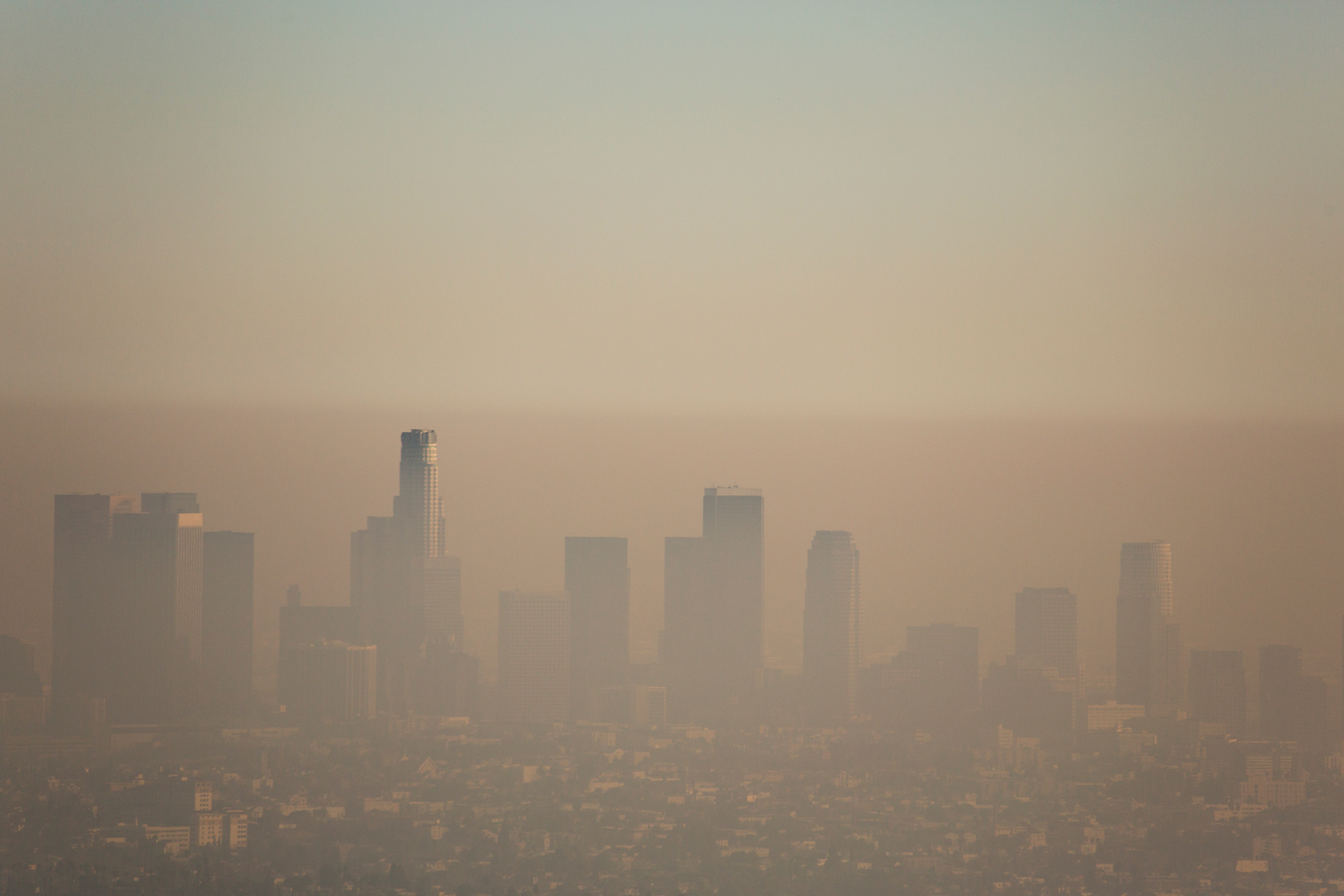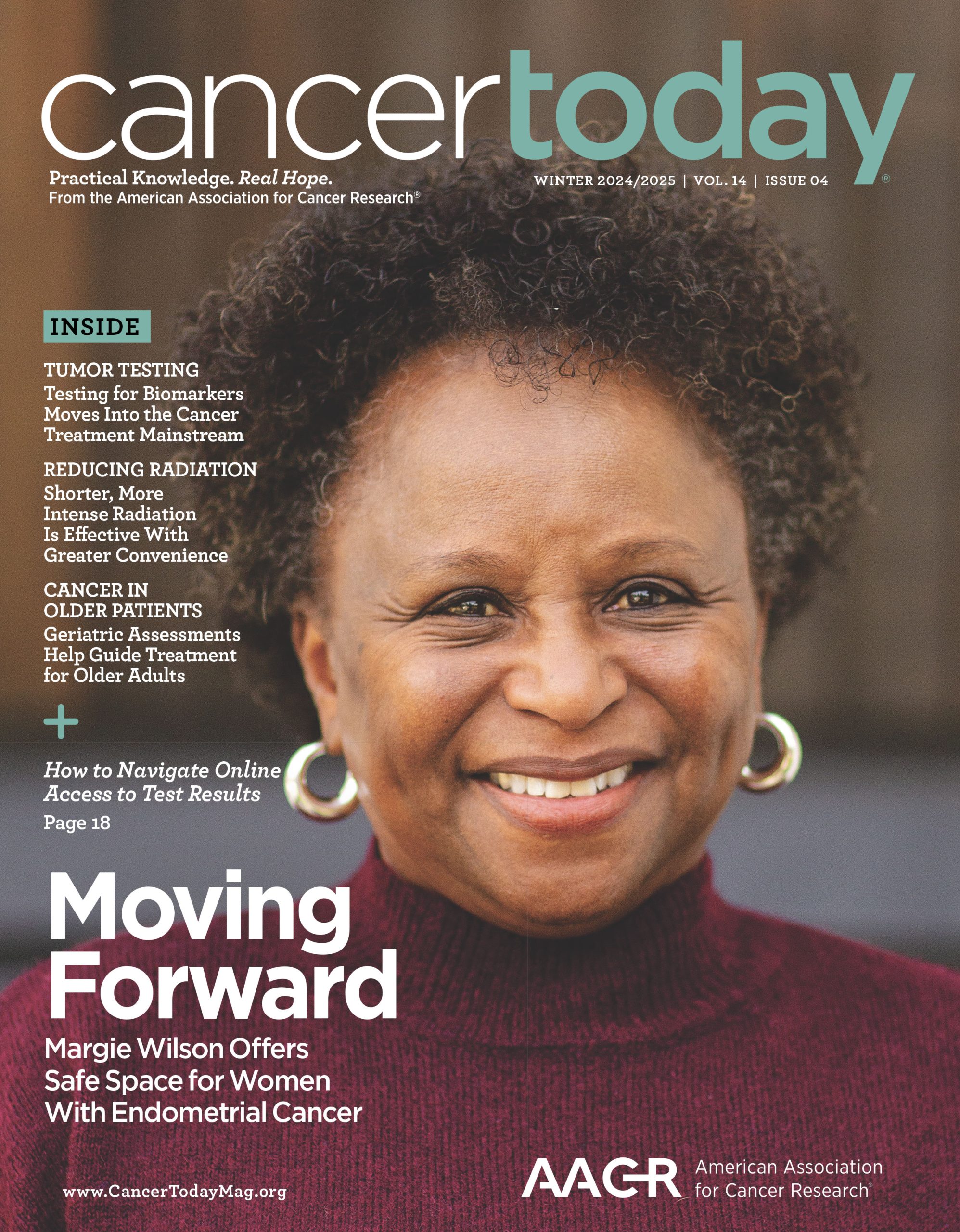Every week, the editors of Cancer Today magazine bring you the top news for cancer patients from around the internet. For more news and features, read our summer issue, available now.
Air Pollution Linked to Increased Risk for Cancer, Heart Disease
Exposure to air pollution may contribute to a greater risk for both heart disease and cancer, according to research published recently in JACC: CardioOncology. Air pollution can lead to inflammation, oxidative stress and gene modifications, which are risk factors for cardiovascular disease and various types of cancer. Researchers conducted a review of studies that evaluated the effect of air pollution on cardiovascular disease in people with cancer and, conversely, pollution’s effect on cancer risk in people with cardiovascular disease, according to a story on Healio. They found that in patients with cancer, exposure to certain levels of particulate matter in the air led to increased risk of cardiovascular disease and death. In people with cardiovascular disease, exposure to nitrogen oxides, found in traffic-related air pollution, was associated with cancer incidence, especially breast cancer. “The review underscores the critical need to consider environmental factors, especially air pollution, in cardio-oncology risk assessment and patient management,” said Xiaoquan Rao, a cardiologist at Tongji Hospital at the Tongji Medical College in Wuhan, China. “By highlighting the significant role of air pollution in the cardiovascular health of cancer patients, our work aims to catalyze further research in this field and inform clinical practices and public health policies.”
Patents on Three Cancer Drugs Will Expire by 2028
Three drugs widely used to treat cancer will lose their patents in the next few years, potentially leading to lower costs for patients as other drug manufacturers produce generic versions of the drugs. The patent for Ibrance will expire in 2027, and the patents for Opdivo and Keytruda will expire in 2028, according to a story published on Quartz. Ibrance (palbociclib), used to treat breast cancer, costs nearly $15,000 for 21 capsules; the drug generated $4.7 billion in sales in 2023. Opdivo (nivolumab), used to treat melanoma and other cancers, can cost nearly $7,500 per infusion; global sales for the drug were $10 billion in 2023. The list price for one dose of Keytruda (pembrolizumab) starts at $11,000. Keytruda was the best-selling drug in the world in 2023, with sales of $25 billion. A report by the Food and Drug Administration found that a drug’s wholesale price drops by 39% when a competing manufacturer enters the market with a generic version. The reduction is 79% if four generic versions of the drug are sold.
Decentralized Cancer Care Could Lower Greenhouse Gas Emissions
Cancer care provided remotely via telemedicine or at local clinics rather than distant locations could reduce greenhouse gas emissions for cancer care by a third, according to a study presented at the annual meeting of the American Society of Clinical Oncology and published simultaneously in JAMA Oncology. Researchers at Dana-Farber Cancer Institute in Boston evaluated different types of health care delivery for their impact on greenhouse gas emissions and for negative health effects. They compared an in-person cancer care model used from May 2015 to February 2020 to a telemedicine-based model used from March to December 2020, the beginning of the COVID-19 pandemic. The patient cohort included people being treated at Dana-Farber and 20 affiliated health care facilities. In addition to the reduction in greenhouse gas emissions, the researchers noted a slight decline in mortality using the decentralized health care model. “If you think about the clinician visit as kind of the basic unit of cancer care, there’s so much more on top of that, like delivering chemotherapy, delivering radiation, surgeries. … Aspects within each of those can be changed to reduce emissions while still providing the same amount of benefit to patients,” said medical oncologist Andrew Hantel of Dana-Farber, a study author, in a story on Healio.
Cancer Today magazine is free to cancer patients, survivors and caregivers who live in the U.S. Subscribe here to receive four issues per year.





